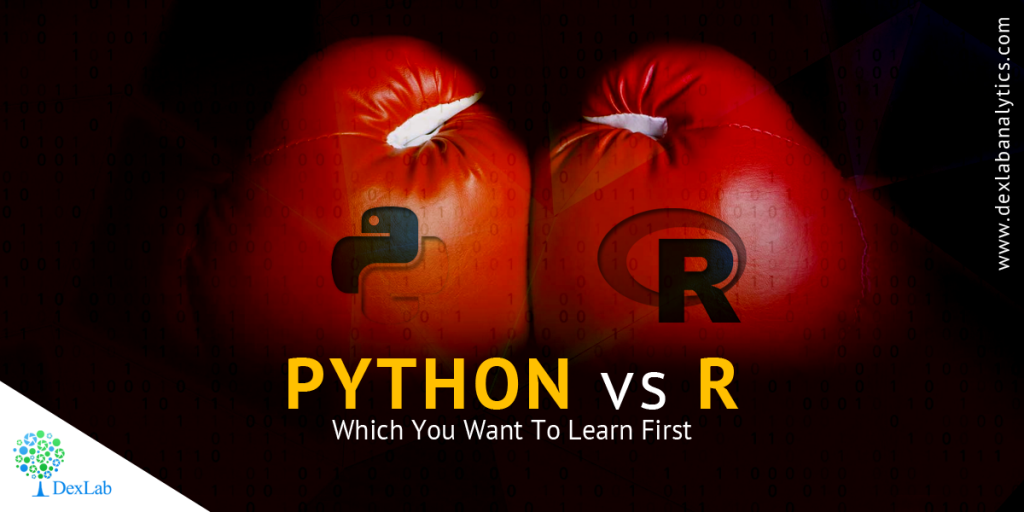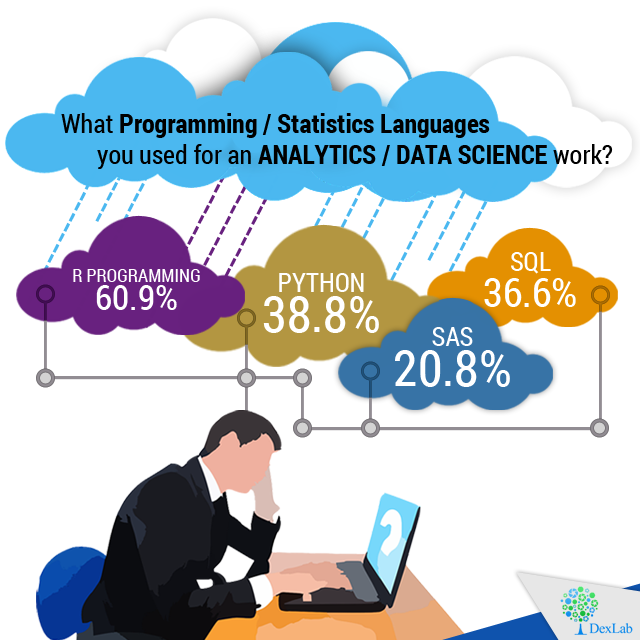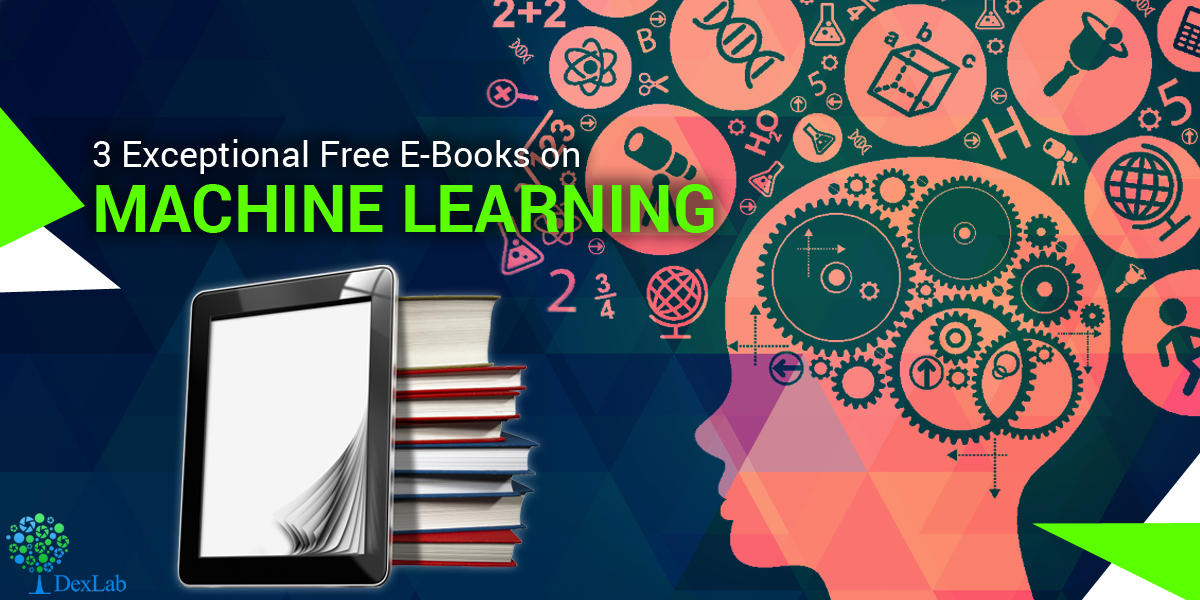If Big Data interests you as a career choice and you are pretty much aware of the skills you need in order to be proficient in this field, in all likelihood you must be aware that R and Python are two leading languages used for analyzing data. And in case you are not really sure as to learn which of the mentioned articles first, this post will help you in making that decision.
In the field of analysis of data, R and Python both are free solutions that are easy to install and get started with. And it is normal for the layman to wonder which to learn first. But you may thank the heavens as both are excellent choices.
Let’s Make Visualizations Better In Python with Matplotlib – @Dexlabanalytics.
A recent poll on the most widely used programming languages for analytics and data science reveal the following:
Reasons to Choose R
R has an illustrious history that stretches for a considerable period of time. In addition you receive support from an active, dedicated and thriving community. That translates to the fact that you are more likely to be helped in case you are in need of some assistance or have any queries to resolve. In addition another factor that works in the favor of R is the abundance of packages that contribute greatly to increasing its functionality and make it more accessible which put R as one of the front runners to being the data science tool of choice. R works well with computer languages like Java, C and C++.
How to Parse Data with Python – @Dexlabanalytics.
In situations that call for heavy tasks in statistical analysis as well as creating graphics R programming is the tool that you want to turn to. In R, you are able to perform convoluted mathematical operations with surprising ease like matrix multiplication. And the array-centered syntax of the language make the process of translating the math into lines of code far easier which especially true of persons with little or no coding knowledge and experience.
Reasons to Opt for Python
In contrast to the specialized nature of R, Python is a programming language that serves general purposes and is able to perform a variety of tasks like munging data, engineering and wrangling data, building web applications and scraping websites amongst others. It is also the easier one to master among the two especially if you have learned an OOP or object-oriented programming language previously. In addition the Code written in Python is scalable and may be maintained with more robust code than it is possible in case of R.
The Choice Between SAS Vs. R Vs. Python: Which to Learn First? – @Dexlabanalytics.
Though the data packages available are not as large and comprehensive as R, Python when used in conjunction with tools like Numpy, Pandas, Scikit etc it comes pretty close to the comprehensive functionality of R. Python is also being adopted for tasks like statistical work of intermediate and basic complexity as well as machine learning.
Interested in a career in Data Analyst?
To learn more about Data Analyst with Advanced excel course – Enrol Now.
To learn more about Data Analyst with R Course – Enrol Now.
To learn more about Big Data Course – Enrol Now.To learn more about Machine Learning Using Python and Spark – Enrol Now.
To learn more about Data Analyst with SAS Course – Enrol Now.
To learn more about Data Analyst with Apache Spark Course – Enrol Now.
To learn more about Data Analyst with Market Risk Analytics and Modelling Course – Enrol Now.



